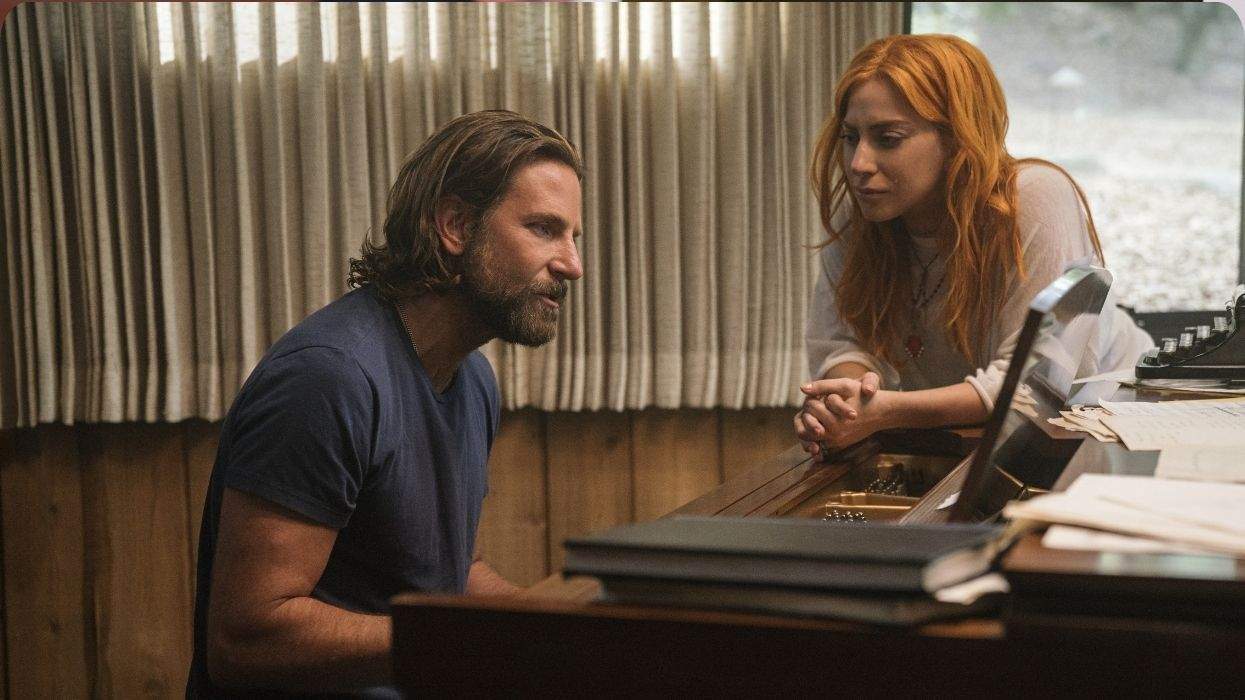A $47.1 billion emergency funding request has been made by the White House to cover anticipated costs associated with Ukraine, COVID-19, monkeypox, and natural disasters. In the Biden administration's view, the funding request will be part of a short-term spending package that will fund the government until September 30, when the current spending package expires.
The White House intends to fund the testing, research, and development of new vaccines and therapeutics as part of the updated COVID-19 funding request. Moreover, it would assist in preparing for future variants and supporting the global response to COVID-19.
To avoid a government shutdown by the end of the month, lawmakers are expected to return to Washington after the August recess with a significant legislative agenda. The focus of Congress is on passing a stop-gap spending bill before midnight on September 30, when government funding expires.
The upcoming weeks will see Congress pass continuing resolutions, or CRs, to prevent a government shutdown.
According to a blog post by Office of Management and Budget Director Shalanda Young, the administration has provided Congress with "technical assistance" on how to fund the four areas in a CR to avoid disruptions to public services.
"Without additional funding, we will have to make more difficult decisions," a senior administration official said on Friday.
On Friday, officials announced that the administration had suspended the program to send free COVID-19 tests to Americans. It was reportedly due to a lack of funding that the government could not replenish the national stock sufficiently of home tests. In March, they warned that additional funding would be necessary to meet critical needs.
The timeline for vaccine commercialization has been accelerated without funding, but vaccines will remain free until 2023. Officials report some tests are in the stockpile, but there is not enough funding to handle a surge in the fall.
The White House is asking for $4.5 billion specifically to combat the MPV outbreak. Most of the funds would go to vaccinations, testing, and treatment for Americans, and $600 million would go to the global effort to fight the disease.
Earlier during a discussion hosted by the World Health Organization in Geneva, officials indicated that science could manage the outbreak in areas with no animal-to-human transmission so long as proper public health measures are taken.
Chief among the concerns expressed in that discussion was the equitable distribution of testing, vaccines, and antiviral treatment.
CDC reported Thursday that the number of new cases was slowing but warned that if not contained, "low-level transmission could continue indefinitely."
"While we have accelerated the distribution of hundreds of thousands of vaccines, made testing more available, and expanded access to tens of thousands of courses of treatment to reach the highest-risk population, we cannot let up until we end the current outbreak and are prepared for future monkeypox or smallpox outbreaks," Young wrote in her post.
For more information about monkeypox, visit the CDC's website here.
















Charlie Kirk DID say stoning gay people was the 'perfect law' — and these other heinous quotes
These are some of his worst comments about LGBTQ+ people made by Charlie Kirk.